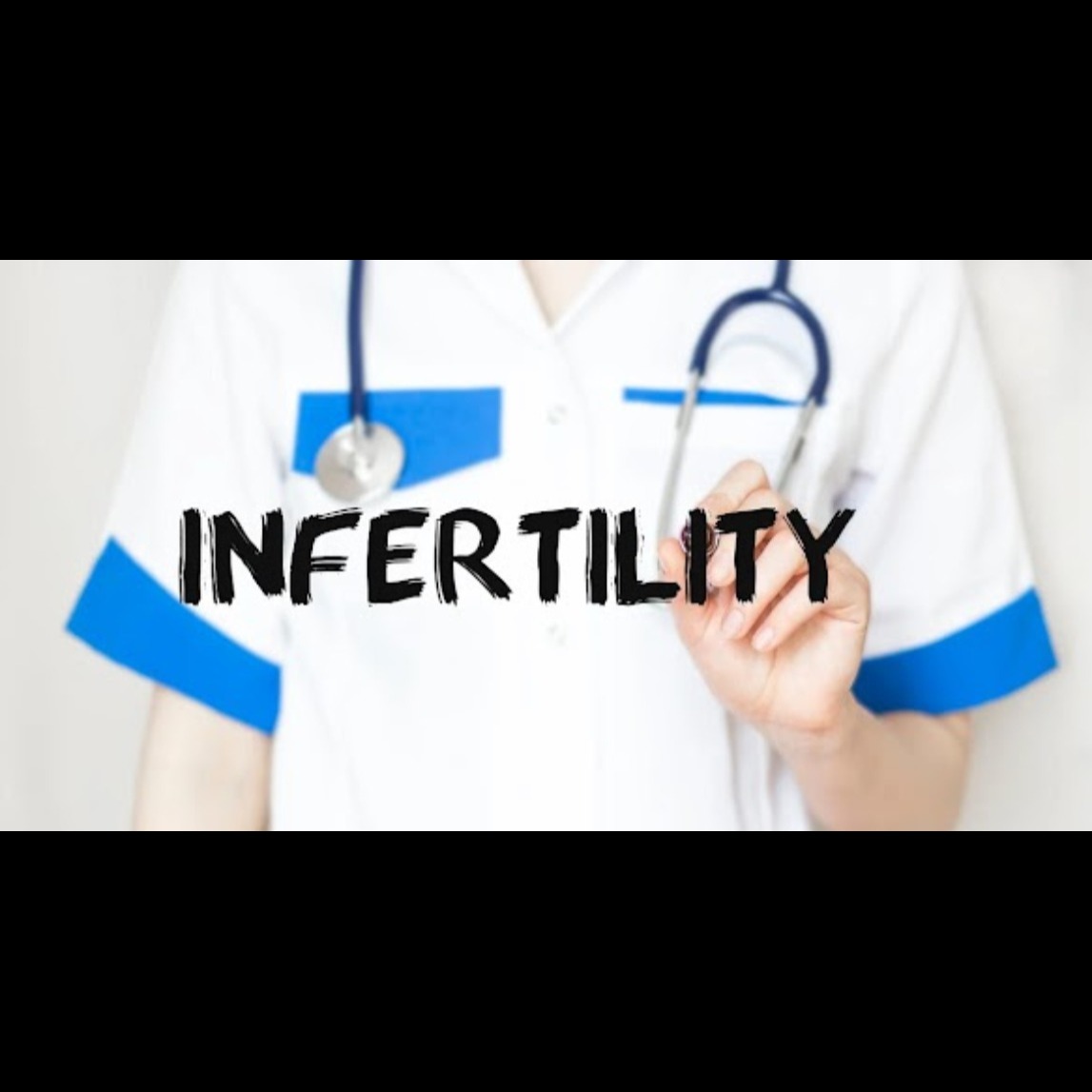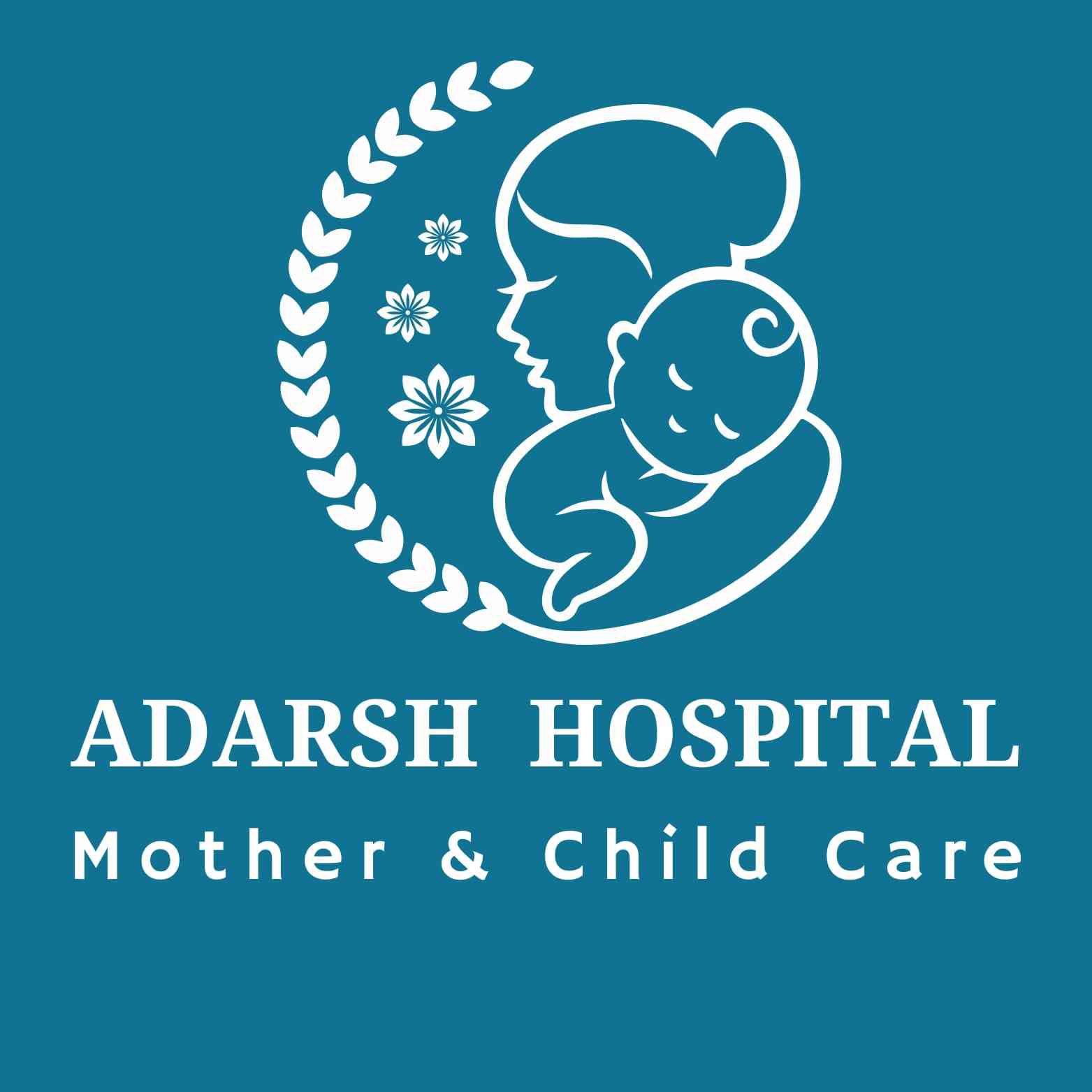
2025-06-02T11:25:03
Female Infertility doctor in Rohini Sector 3 Delhi Your Path to Parenthood Starts Here: Comprehensive Female Infertility Treatment at Adarsh Hospital, Rohini Sector 3 Delhi Empathetic Care & Advanced Solutions at Rohini's Sector 3 Best Infertility Treatment Hospital Welcome to Adarsh Hospital, a leading healthcare institution dedicated to providing the best female infertility treatment in Rohini Sector 3. We understand that the journey to parenthood can be challenging, and we are committed to offering compassionate, personalized, and cutting-edge fertility solutions to help you realize your dream of starting a family. Located conveniently in Rohini Sector 24, Delhi Adarsh Hospital stands as a beacon of hope for countless couples facing fertility issues in Delhi and the NCR region. Why Choose Adarsh Hospital for Female Infertility Treatment in Rohini Sector 3 ? Adarsh Hospital, we pride ourselves on being recognized as a best infertility treatment hospital in Rohini Sector 3 for several reasons: Experienced & Renowned Fertility Specialists: Our team is led by highly qualified and experienced infertility specialists, including Dr. Supriya Kumari, who has extensive expertise in reproductive medicine. Their vast knowledge and patient-centric approach ensure you receive the most effective and personalized care. Understanding Female Infertility: Causes & Symptoms Female infertility refers to a woman's inability to conceive after a year of regular, unprotected intercourse (or six months if the woman is over 35). It can be caused by a variety of factors, and identifying the root cause is crucial for effective treatment. Common Causes of Female Infertility: Ovulation Disorders: These are the most common cause of female infertility. They include: Polycystic Ovary Syndrome (PCOS): A hormonal disorder causing irregular periods, excess androgen, and cysts on the ovaries, disrupting ovulation. Hypothalamic Dysfunction: Disruption in hormone production from the hypothalamus and pituitary gland, often due to excessive stress, extreme weight fluctuations, or strenuous exercise. Primary Ovarian Insufficiency (POI): Also known as premature ovarian failure, where the ovaries stop functioning normally before age 40, leading to a decrease in egg production. Too Much Prolactin (Hyperprolactinemia): High levels of prolactin (the hormone that stimulates milk production) can reduce estrogen production and interfere with ovulation. Fallopian Tube Damage or Blockage: The fallopian tubes are crucial for the egg to travel from the ovary to the uterus and for sperm to reach the egg. Damage or blockage can prevent fertilization. Causes include: Pelvic Inflammatory Disease (PID): An infection of the female reproductive organs, often caused by sexually transmitted infections. Endometriosis: A condition where tissue similar to the uterine lining grows outside the uterus, leading to inflammation and scarring that can block fallopian tubes. Previous Abdominal or Pelvic Surgery: Scarring from surgeries like ectopic pregnancy removal or appendectomy can damage fallopian tubes. Uterine or Cervical Causes: Issues with the uterus or cervix can interfere with implantation or sperm transport. Uterine Fibroids or Polyps: Non-cancerous growths in the uterus that can block fallopian tubes or interfere with embryo implantation. Uterine Abnormalities (Congenital): Problems with the shape or structure of the uterus present from birth. Cervical Stenosis: A narrowing of the cervix that can hinder sperm from reaching the uterus. Cervical Mucus Problems: Abnormal cervical mucus that may not allow sperm to travel effectively. Endometriosis: As mentioned, endometriosis can lead to infertility by causing inflammation, scarring, and adhesions that distort reproductive organs and impair egg and sperm function. Age-Related Infertility: A woman's fertility naturally declines with age, especially after the mid-30s, due to a decrease in the quantity and quality of eggs. Unexplained Infertility: In some cases, despite comprehensive testing, no specific cause for infertility can be identified. When to Seek Medical Help: It is recommended to consult an infertility specialist if you: Are under 35 and have been trying to conceive for one year or more. Are over 35 and have been trying to conceive for six months or more. Have irregular or painful periods. Have a history of pelvic inflammatory disease, endometriosis, or multiple miscarriages. Have known fertility issues in your partner. Our Comprehensive Female Infertility Treatment Services in Rohini Sector 3Delhi At Adarsh Hospital, we offer a wide spectrum of advanced and personalized female infertility treatments tailored to your specific needs, after thorough diagnosis. 1. Infertility Diagnosis & Evaluation: A precise diagnosis is the first step towards effective treatment. Our diagnostic services include: Detailed Medical History and Physical Examination: Including a review of your menstrual cycle, past pregnancies, and any relevant medical conditions. Hormone Testing: To assess ovarian reserve and identify ovulation disorders (e.g., FSH, LH, Estradiol, Prolactin, AMH, Thyroid hormones). Ovulation Monitoring: Using ultrasound and blood tests to track follicle development and ovulation. Hysterosalpingography (HSG): An X-ray procedure to check for blockages in the fallopian tubes and abnormalities in the uterus. Saline Infusion Sonohysterography (SIS): A saline solution is instilled into the uterus to get a clearer ultrasound image of the uterine cavity. Laparoscopy (Diagnostic): A minimally invasive surgical procedure to directly visualize reproductive organs, identify endometriosis, fibroids, or adhesions, and potentially correct minor issues. Hysteroscopy (Diagnostic): A procedure to examine the inside of the uterus for polyps, fibroids, or scar tissue. 2. Medical Treatments for Female Infertility: Ovulation Induction: For women with irregular or absent ovulation, medications are prescribed to stimulate the ovaries to produce and release eggs. These include: Clomiphene Citrate (Clomid, Serophene): Oral medication to stimulate hormone release from the brain. Gonadotropins (Injectables): Hormones (FSH, LH) directly administered to stimulate ovarian follicle growth. Letrozole: An aromatase inhibitor often used for ovulation induction, particularly in PCOS patients. Hormone Therapy: To address hormonal imbalances that may be affecting fertility. 3. Surgical Treatments for Female Infertility: Our skilled surgeons perform various procedures to correct structural issues impacting fertility: Laparoscopic Surgery: Endometriosis Excision/Ablation: Removal or destruction of endometrial implants to improve fertility. Ovarian Drilling (for PCOS): A minor procedure using heat or laser to destroy part of the ovary in severe PCOS cases unresponsive to medication. Adhesiolysis: Removal of scar tissue (adhesions) that may be blocking fallopian tubes or distorting pelvic anatomy. Myomectomy: Surgical removal of uterine fibroids while preserving the uterus for future pregnancies. Hysteroscopic Surgery: Polypectomy: Removal of uterine polyps. Adhesiolysis (Intrauterine): Removal of scar tissue within the uterine cavity. Septum Resection: Correction of a uterine septum (a congenital abnormality). Tubal Surgeries: In select cases, surgery can be performed to repair damaged or blocked fallopian tubes, though often IUI is a more effective option for significant tubal damage. 4. Assisted Reproductive Technologies (ART): Adarsh Hospital offers advanced ART procedures that have helped countless couples conceive. Intrauterine Insemination (IUI): What it is: A procedure where specially prepared, concentrated sperm are placed directly into the uterus around the time of ovulation. This bypasses the cervix and increases the chances of sperm reaching the egg. When it's recommended: Often used for unexplained infertility, mild male factor infertility, or cervical factor infertility. It's a less invasive and often more affordable option than IVF. Our Process: At Adarsh Hospital, our IUI procedure involves careful monitoring of your ovulation, precise sperm preparation, and skilled insemination to maximize success rates. We offer comprehensive counselling to guide you through the process. What it is: The most effective ART procedure, where eggs are retrieved from the ovaries and fertilized with sperm in a laboratory setting. The resulting embryos are then cultured and transferred into the uterus. When it's recommended: IVF is recommended for a wide range of infertility issues, including: Blocked or severely damaged fallopian tubes. Severe male factor infertility (often combined with ICSI). Severe endometriosis. Ovulation disorders unresponsive to other treatments. Unexplained infertility after other treatments have failed. Genetic conditions that can be screened for via Preimplantation Genetic Testing (PGT). Ovarian Stimulation: Medications are given to stimulate the ovaries to produce multiple eggs. Egg Retrieval: A minor surgical procedure to collect mature eggs from the ovaries. Sperm Collection: Sperm is collected from the male partner or a donor. Fertilization: Eggs and sperm are combined in a lab dish (conventional IVF) or a single sperm is injected into each egg (Intracytoplasmic Sperm Injection - ICSI) for male factor infertility. Embryo Culture: Embryos are grown in the lab for several days. Embryo Transfer: One or more healthy embryos are transferred into the uterus. Pregnancy Test: A pregnancy test is performed after about two weeks. ICSI (Intracytoplasmic Sperm Injection): A single sperm is injected directly into an egg, particularly useful for male infertility. Assisted Hatching: A small opening is made in the outer layer of the embryo to assist in implantation. Embryo Freezing: Excess embryos can be frozen for future use. Preimplantation Genetic Testing (PGT): Genetic screening of embryos before transfer to identify chromosomal abnormalities or genetic diseases. Donor Programs: For couples requiring donor eggs or sperm, Adarsh Hospital facilitates ethical and confidential donor programs. Cost of Infertility Treatment in Rohini, Sector 3 Delhi We understand that the cost of infertility treatment can be a significant concern for many couples. At Adarsh Hospital, we strive to provide high-quality fertility care at affordable and transparent prices. The cost of treatment varies depending on the specific procedures required, the number of cycles, and individual patient needs. IUI Treatment Cost in Rohini Sector 3 : IUI is generally more affordable than IVF. The cost per cycle typically ranges. Please contact our patient coordination team for a detailed breakdown of costs. We encourage you to schedule a consultation with our specialists to discuss your individual case and receive a personalized treatment plan and estimated cost. Adarsh Hospital - Your Partner in Fertility, Your Path to Parenthood in Rohini Sector 3Sector 3 . Disclaimer: The information provided in this content is for general informational purposes only and does not constitute medical advice. It is essential to consult with a qualified healthcare professional for any health concerns or before making any decisions related to your health or treatment. Success rates for infertility treatments vary based on individual factors. Female Infertility doctor in Rohini Sector 3 Delhi Female Infertility Treatment in Rohini Sector 3 Delhi Best Female Infertility Treatment in Sector 3 Rohini Delhi Best Female Infertility Clinic in Rohini Sector 3 Delhi

